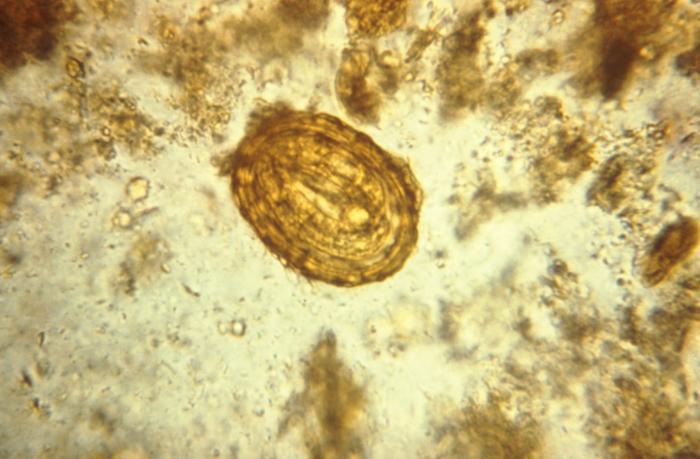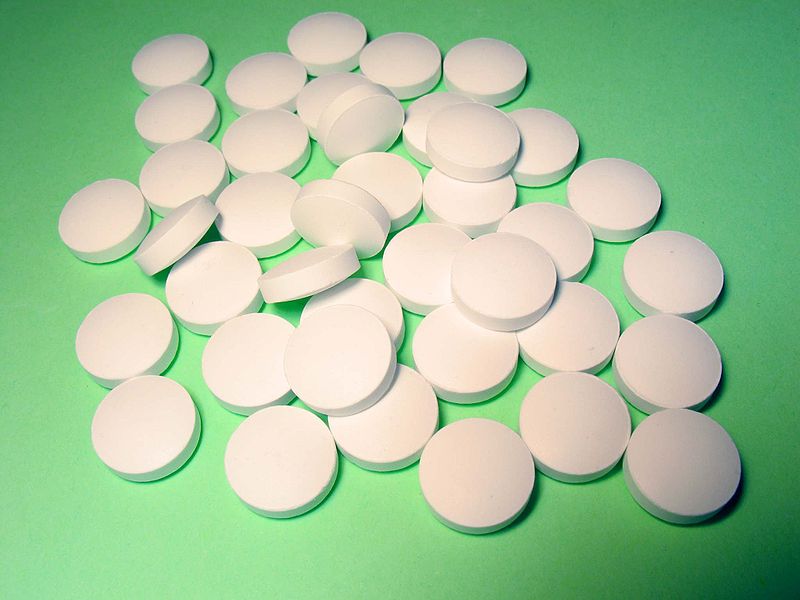5-HT2 antagonists
Chemically triazole moiety, having antidepressant effect.
Pharmacokinetics
Well absorbed after oral administration.
Extensive plasma protein binding
Extensively metabolized in liver
Both drugs are converted into active metabolites, having potent antidepressant activity.
Trazodone is converted to MCPP (m-chloro phenyl piperazine)
Nefazodone is converted into hydroxyl nefazodone and MCPP.
Mechanism of action
Antagonist at 5HT2A receptors so have antianxiety, antipsychotic and antidepressant effects.
Agonists to %HT2A receptors produce hallucinations and psychotic behavior.
Weak inhibitor of serotonin and norepinephrine transporter raising amine levels.
Trazodone effects alpha adrenergic receptors inhibiting antihistamines in addition.
Adverse effects
Sedation –Trazodone antihistamine
GIT upset
Nefazodone is known for hepatotoxicity
Orthostatic hypotension
Drug interactions
Trazodone cyp 3 A4 substrate
Nefazodone cyp 3 A4 inhibitor
Tetracyclic Unicyclic Antidepressants
Chemically versatile group.
Bupropion is unicyclic aminoketone
Chemically resemble amphetamines
Rest of the drugs are tetracyclic in structure
Amoxapine is a metabolite of old antipsychotic loxapine.
Pharmacokinetics
Well absorbed after oral administration.
Extensive PPB.
Extensively metabolized in liver
Bupropion has three active metabolites:
Hydroxyl bupropion-typical biphasic elimination
1st phase 1 hour, 2nd phase 14 hours
Amoxapine forms active metabolite hydroxyl amoxapine, which is well known for D2 receptor blocking activity.
Mirtazapine undergoes metabolism. Various P450 enzymes and pathways are involved.
Mechanism of action
Slightly variable among drugs.
Bupropion inhibits reuptake of norepinephrine and dopamine but has prominent effect on presynaptic release, which is enhanced. Has both effects.
Mirtazapine mainly acts on
- norepinephrine and serotonin levels and increase their release and inhibitory receptors alpha 2, 5HT2 and 5HT3 leading to increased presynaptic release of these amines.
- Anti-histaminic effect
Amoxapine and Maprotiline block NET and SERT, increasing levels of norepinephrine and serotonin, also has anticholinergic effect.
Amoxapine has D2 blocking effect.
Adverse effects
Sedation –Bupropion –antihistaminic effect
Parkinsonism –Amoxapine –D2 antagonist
Maprotiline –tricyclic antidepressant like effects
Bupropion –causes stimulation, leading to agitation, insomnia, anorexia.
Drug interactions
Hydroxy bupropion is 2D6 inhibitor, if combined with drugs acting here, have to monitor, like TCAs
Avoided in patients taking monoamine inhibitors.
Mirtazapine as metabolized by several cyp, is affected by inducers and inhibitors
Has sedating, CNS depressing effect, caution needs to be taken when given with other sedatives, benzodiazepines, alcohols
Amoxapine and maprotiline, as anticholinergic and histaminergic, caution needs to be taken when taking with anticholinergics and antihistaminics.
Continue Reading
Selective Serotonin Reuptake Inhibitors
 howMed Know Yourself
howMed Know Yourself




